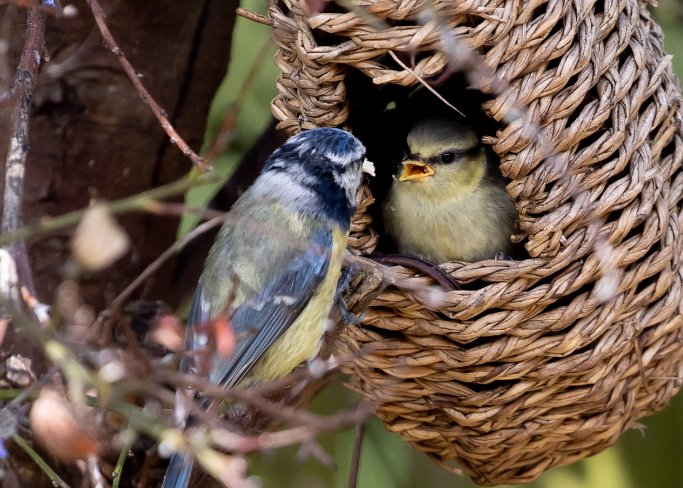Male birds that are able to repeat song notes precisely stand the best chance of attracting a female mate, according to a Manchester study.
However, males need to ensure they have a selection of different songs in their repertoire if they are to hold a female’s attention and prevent her from getting bored.
Findings from the study, by scientists from Manchester Metropolitan University and Lancaster University, and published in Nature Communications, sheds new light on the evolution of bird song.
Dr Selvino De Kort, Senior Lecturer in Animal Behaviour at Manchester Metropolitan University, said: “The conventional idea about birdsong is that diversity is attractive to potential mates, which to an extent is true.
“But what we find is birds often will repeat their songs.
“Our results have shown how both repetition and consistency, as well as diversity, is important, which takes us a step further in understanding the evolution of birdsong and perhaps communication in general, as similar processes operate in all species, including humans.”
Over two years, researchers recorded and analysed 7,000 songs of wild blue tits breeding in closely monitored nest boxes.
They devised an experiment, which involved playing song recordings to receptive females and discovered that male vocal consistency – repeating the same pattern of notes with high precision – was the key song feature that made females sexually excited.
But while singing exact copies of the same note was enticing, it also became ‘boring’ for females. Their response gradually declined until it was reignited when males switched to a different song type.
The results may explain why birdsong in most species does not constantly change but instead shows some moderate variation – balancing the reliable signal of quality against the need to avoid the female losing interest.
Researchers also believe that a male bird’s ability to consistently hit the same note in a song is a signal to females, and competitors, that they have strong motor skills, which carry over to other essential qualities in a good mate.
Dr Javier Sierro, from Lancaster University, whose PhD thesis included this work, said, “In songbirds, singing requires the execution of complex motor patterns within the bird.
“Precisely hitting those repetitive notes is the way a male bird can demonstrate to potential mates these qualities, which also cut across social status, reproductive output, longevity, sexual attractiveness and ability to defend territories.
“Many bird species produce trilled songs where the same note is repeated in quick succession. A song may also be repeated during a singing bout.
“Repetition is needed by the male to perfect his singing skills, however this repetition may carry a cost where the female loses interest over time.
“We found that when males sing different song types, or introduce silent pauses between songs, it reduces female habituation and helps to retain her interest.”
The study also showed that male blue tits with higher vocal consistency had higher reproductive success as measured by the number of eggs in their nest. This further adds to the evidence that vocal consistency is a skill found in good quality individuals who will contribute genes to future populations.
Other song features, such as diversity, were not related to the number of eggs in a nest.
Vocal consistency increased over the breeding season, and it peaked during the seven to 10-day period when the female partner was at her most fertile and laid an egg each day.
The researchers suggest that a balance between the two crucial aspects of birdsong, consistency and diversity, may resolve a long-standing paradox in studies of bird communication, and explain the level of variability in singing styles between species.







